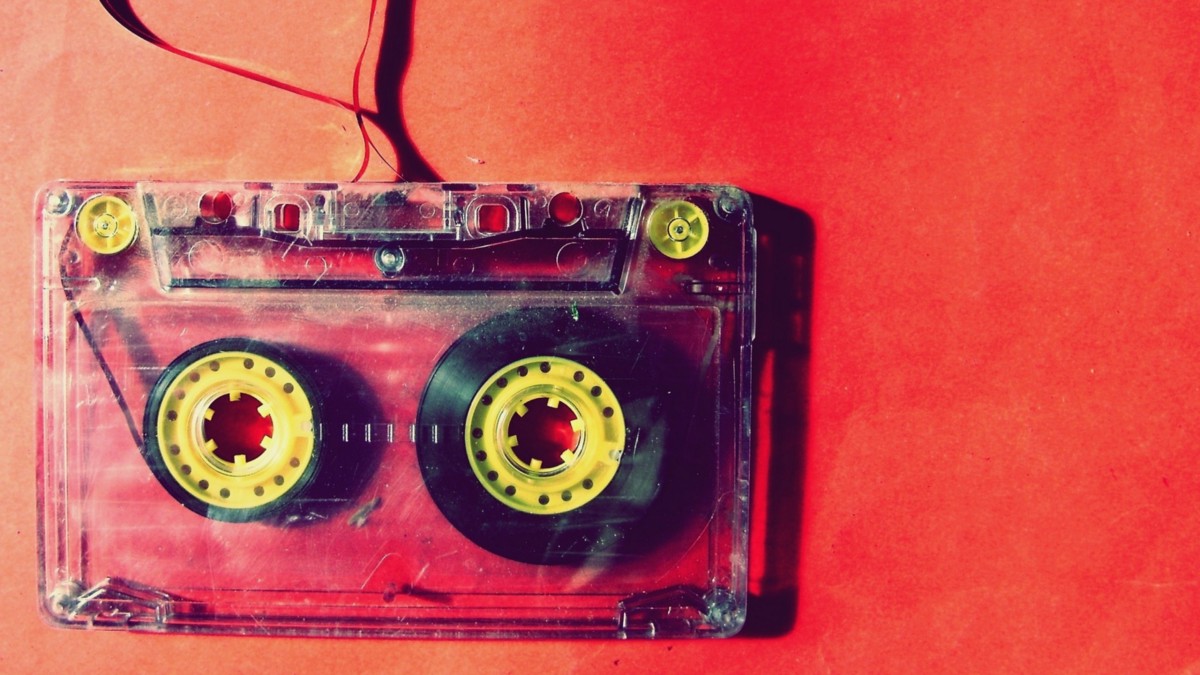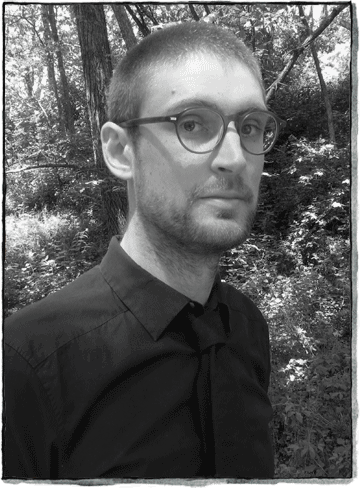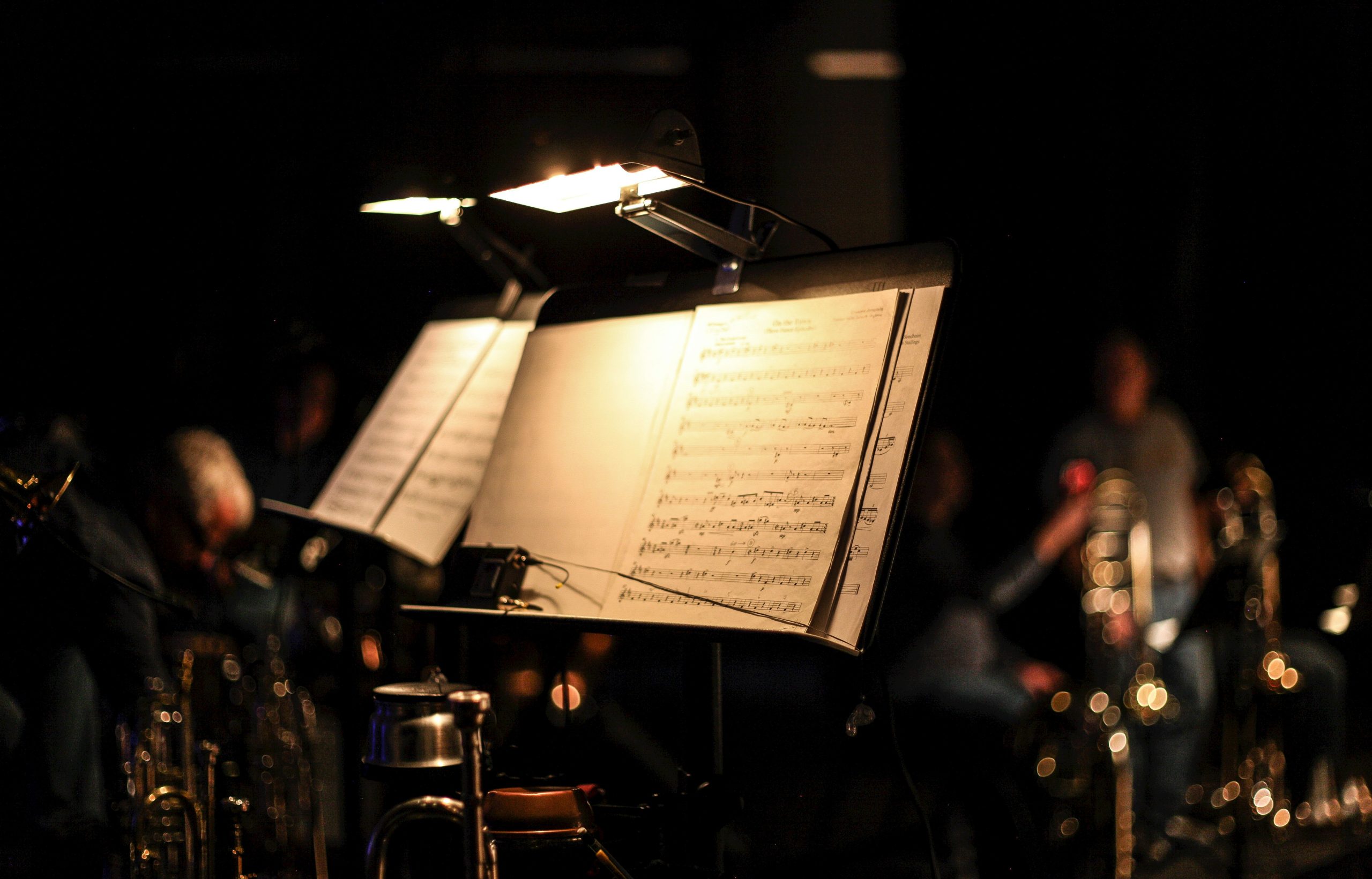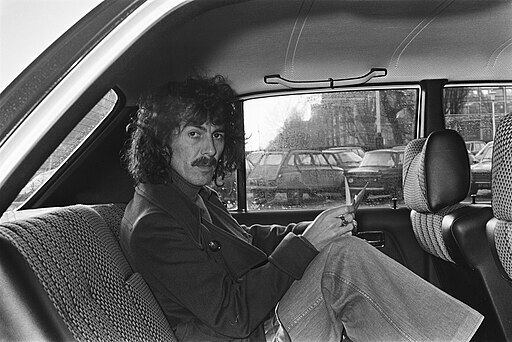interviews
N.J. Campbell Wants to Make You a Mix Tape
The author talks about his novel ‘Found Audio’ and the creepy magic of analog objects like cassettes

I, am one of the main characters in N.J. Campbell’s weird debut novel, Found Audio — and so are you. On the first page, Campbell addresses you directly, explaining how he came into possession of the documents that follow: a letter from Amrapali Anna Singh, an audio specialist in Alaska, and her transcriptions of three audio files that may have been stolen from a mysterious library in Buenos Aires.

It’s brilliant. In an age of instant information access, Found Audio is a clever reminder that some places, experiences, and mysteries must be earned through sweat, blood, and fear. To maintain the suspense, I won’t tell you what the audio files contain, except that they involve an adventure journalist searching for a mythical (or is it?) “City of Dreams” in the swamps of Louisiana, the streets of Hong Kong, and the dunes of Mongolia. The stories alone brim with awe and mystery, but Campbell’s metafictional cocoon lifts the novel into Borgesian territory. It is as wild and unpredictable as President Trump’s Twitter timeline, and its loose ends will stay with you for weeks.
I recently spoke with Campbell via email about dreams, mystery, and the creepy magic of old analog objects.

Adam Morgan: Do you have a fetish for analog things? Is the digital world more or less mysterious and magical than the pre-digital?
N.J. Campbell: I do really love analog technologies. I wouldn’t say I have a fetish for them, per se, but I grew up in the ’90s and they were everywhere. All my movies were VHS tapes, and cassettes and vinyl records were ubiquitous at garage sales, Goodwill, and the Salvation Army. I can remember hours and days spent rummaging through bins of scratched vinyl before that was a pretty common thing to do. I got some good stuff, like a near mint condition Johnny Rivers 45 RPM and Edwin Starr’s 25 Miles in pretty good condition. I listened to records after school almost every day in high school, and I did love the static, the scratches, and the warmth of the tones. I don’t hear the same warmth in digital, but that’s probably not due to a good ear, but just some form of nostalgia for the joy associated with my early acquaintance with analog technologies.
As for mystery, I think it’s a part of the human condition, and I think we all learn this very early on as children when we learn the word ‘why’. With that one three-letter word, the world opens up to our insatiable curiosity and we quickly discover the limits of all available human knowledge, beyond which lies a limitless expanse of pure magic and mystery. And it usually only takes three or four questions to get there:
Q: ‘Why is the sun bright?’
A: ‘Because it’s a ball of fire in the sun.’
Q: ‘Why is the sun a ball of fire in the sun?’
A: ‘Because the fabric of time and space forced gravity to coalesce its mass into a spherical shape.’
Q: ‘Why did the fabric of time and space force gravity to do that?’
A: ‘Because that’s what the fundamental laws of our universe dictate.’
Q: ‘Why do the fundamental laws of our universe dictate that?’
A: ‘That’s tricky business, little one. I don’t know.’
Obviously that’s a bit of an exaggeration, but I think it’s clear enough what I mean.
AM: Why tell this story via audio file transcriptions instead of a more traditional novel structure?

NJC: I started the project wanting to focus on voice, so I just focused on voice, literally. The frame of the tapes was created deliberately for a layering effect. The journalist’s story is unfolded in layers, and I wanted the most peripheral layer to touch at the boundaries of the real world.
In the beginning, the metafictional element was less explicit. In the editing phase, it became more encompassing. I think that what’s gained is a more complete feeling of discovery. The reader is not just discovering what’s happening in the tapes, but what’s happening with them, as well as what’s happening around them.
AM: What is your dream life like? Did you learn anything interesting doing research for this book?
NJC: My dreams are my own to pick through for material as I like, and that’s as much as I want to say about them.
As for the research, I learned quite a bit. It was wonderful, in fact. My father was a bus driver by day and a local historian by night. I watched him pore over interviews he had recorded, articles, statistics, and piles upon piles of books. He loves research, and that rubbed off. The most interesting part of that particular process for me was looking into The Walled City of Kowloon. For all my hours of research, I found what felt like very little to me. There was a Wikipedia page, a small website dedicated to its culture, a clip from the 1988 film Bloodsport with Jean-Claude Van Damme, a museum in Japan that had recreated a small piece of it from photographs, a book of photos and interviews with people who had lived there, and two documentaries filmed about it in the 1980s. For the most part, that’s the majority of the materials that felt substantial to me. Yet, throughout the process I couldn’t help feeling like something was missing. I still feel that way. That’s interesting to me.
AM: Traveling is really important to this narrator, accumulating diverse experiences across the world. Do you feel that way, too? What does travel do to the self? Is it similar to what dreaming does?
NJC: I do think accumulating diverse experiences is important, but I’m not sure physical travel is particularly important. Some of that is probably necessary, but the majority of the traveling I’ve done is in books. I grew up in a family that wasn’t wealthy, and I’ve chosen to pursue mostly manual labor jobs in order to save my mental stamina for reading and writing. I guess when I really think about it, I’m not sure I’m qualified to answer that question, as I’ve done so little physical traveling.
With respect to what travel does, I’m not sure physically, but mentally it’s liberating. I wouldn’t have nearly the same experience of life that I do without having traveled in books of poetry, history, philosophy, or religion, let alone novels. I’ve been able to live through experiences that I physically couldn’t in the real world, if only because they were recorded by a person who lived in a world that existed three hundred, five-hundred, or a thousand years ago. To travel in books is to expand as a person, to develop a sense of the manifold and diverse nature of human experience, and to encounter and engage with new and interesting issues and ideas about what it means to be alive, but I don’t think I’m saying anything new to anyone who might be reading this interview, so I think I’ll leave it at that.
Dreams definitely do the same thing for many of the same reasons, I suspect.
“I wouldn’t have nearly the same experience of life that I do without having traveled in books of poetry, history, philosophy, or religion, let alone novels.”
AM: Have you ever had “odd” experiences, external or internal, the way the journalist does in the swamp, city, desert, etc.?
NJC: Yes — to one degree or another, but since they have material in them for other stories, I don’t really want to go into them here as I run the risk of repeating myself later.
I will say that there’s a part in the book where someone describes their mother announcing who was going to call before the phone rang. My mother used to do this when I was young, and she was usually right.
AM: Virtually all of the novel’s threads are loose at the end. Do you have your own answers for the book’s mysteries (the library, the tapes, where the recording is taking place, who’s interviewing him and why, the noises and whispers we hear), or are they ambiguous for you as well?
NJC: That’s an interesting question. It’s been a bit of a hide-and-seek game with myself, actually. There are moments when I think I might know, and then there are moments when I know I don’t. I really enjoy that, as we’re so often left to wonder about life without any way of knowing what might or might not happen.









